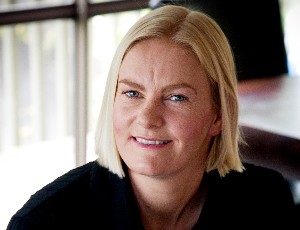
A financial advice company in Auckland, Waikato and the Bay of Plenty says they could make things worse, not better.
The CCCFA was widely criticised for smothering the finance sector in a mountain of paperwork and depriving credit to perfectly dependable borrowers, and was reviewed within two months of coming into effect.
That review ordered several changes. One notable one involved removing regular 'savings' and 'investments' as examples of expenses that were set off against borrowing entitlements.
Another involved removing the notorious cups of latte from people's expenses when robust data from elsewhere was already available.
These changes come into effect today.
They were greeted as a good start but remained completely inadequate according to spokespeople for bank and non-bank lenders.
A second tranche of reforms is under consideration by the Government.
But a group giving budget advice thinks today's changes already go too far, and could make things worse, not better.
Shula Newland of Full Balance Financial Coaching fears they will open the door to “fictitious” consumer budgets.
“I think people have forgotten why this legislation had to be upgraded in the first place, to protect the harm done by consumer short-term lending,” she said.
“Unfortunately, due to the unintended consequences to mortgage borrowing, the legislation has been watered down.”
Newland said not requiring a look at would-be borrowers' bank accounts to verify their current spending was risky.
“This is opening the door for made-up budgets because the borrower often does not understand how they spend their money in the first place, and they often just come up with any basic figures.”
She added that if a case went to court later, lenders would blame the decision to lend on the information the borrower provided.
“The more desperate the borrower, the more likely they are to make things up,” she said.
Newland also questioned the assumption that people would change their spending after getting a loan. This argument suggested that the cups of latte would stop to meet the more valued goal of paying a mortgage. But Newland disagreed.
“We know that it is extremely hard for people to change their spending—we see clients continue to spend after getting a new loan, and then not understand why they are struggling,” she said.
“They then burn through any savings they may have had, which can then lead them to continue borrowing, and so the cycle continues, keeping them in a poverty trap.”



